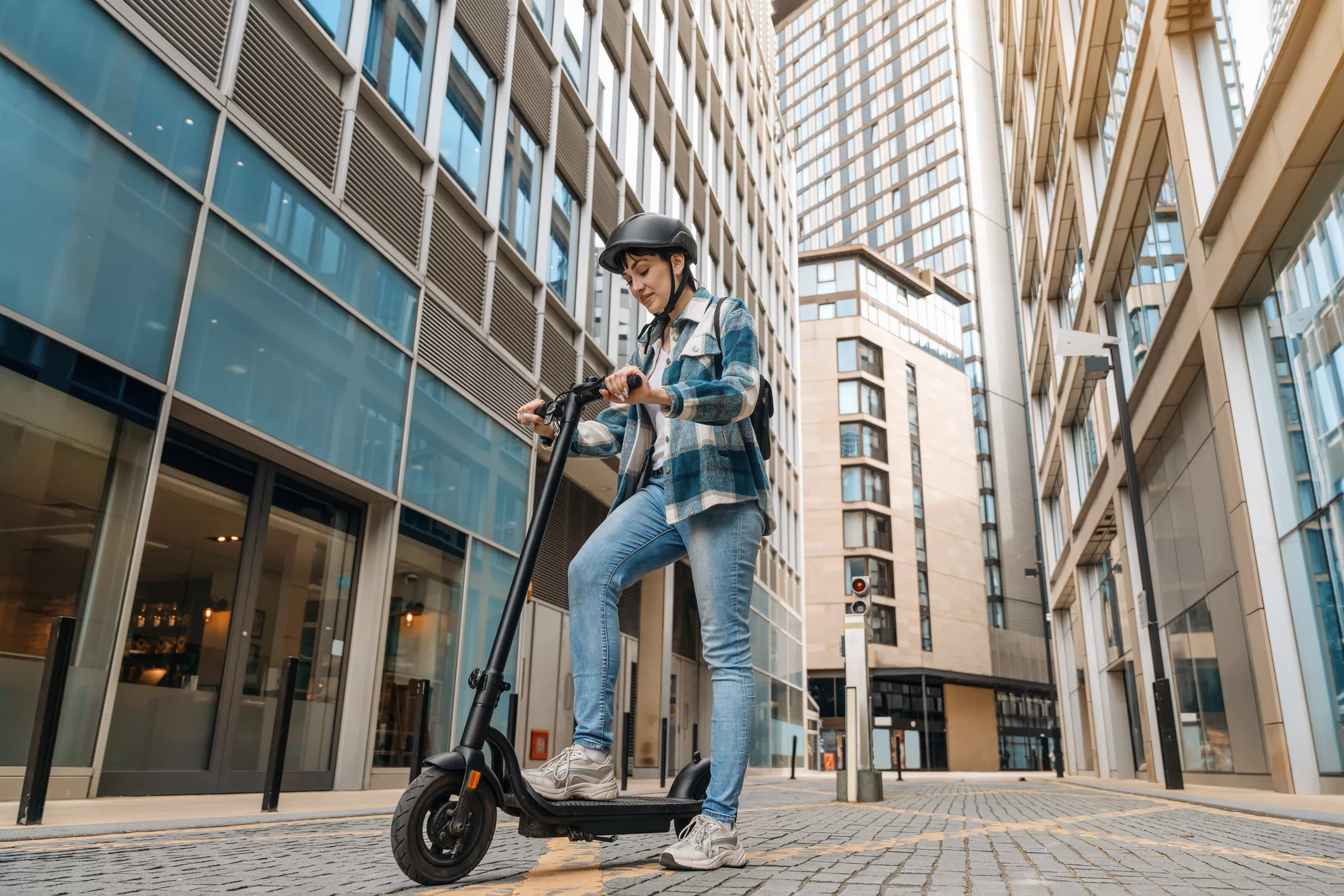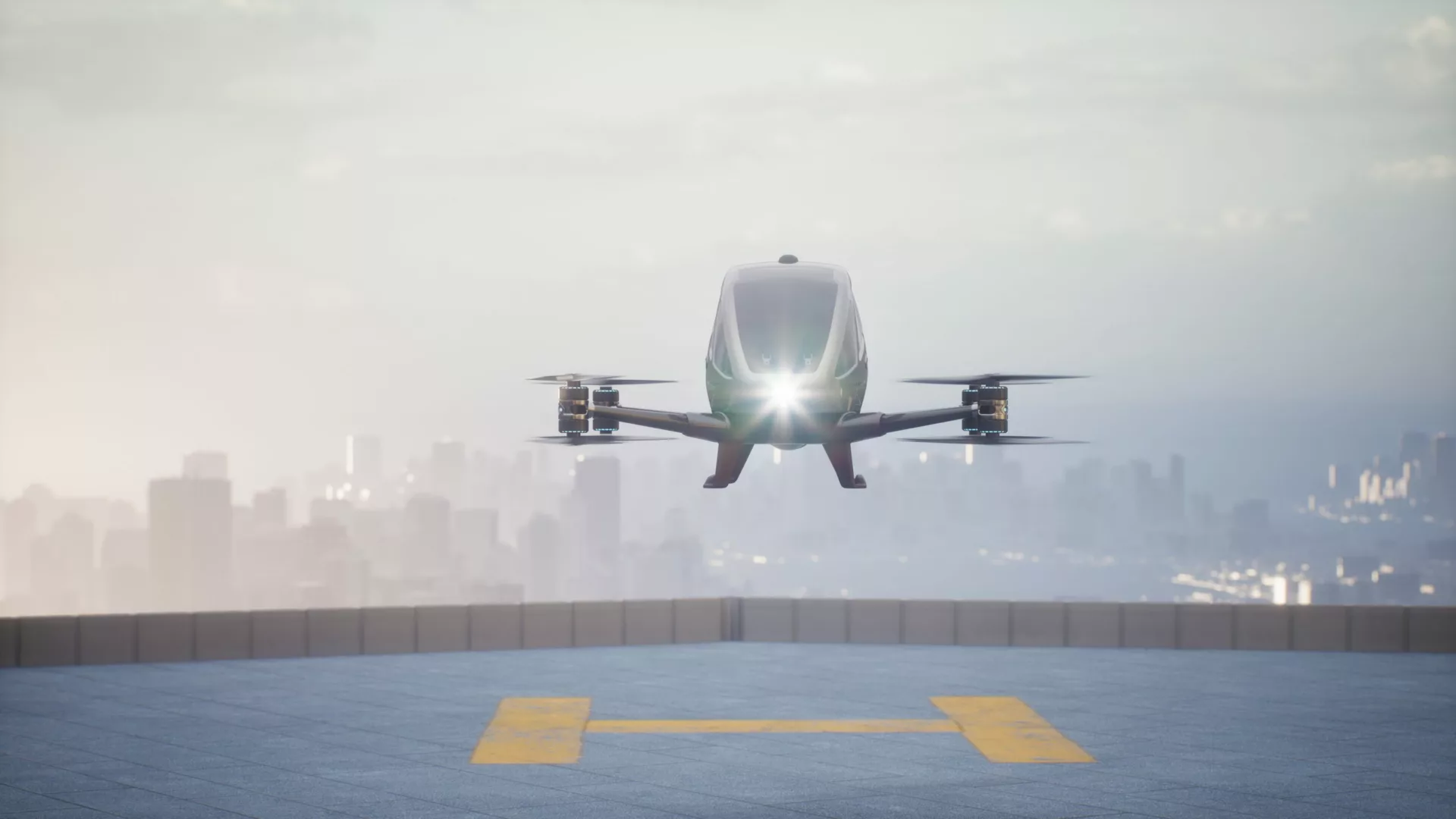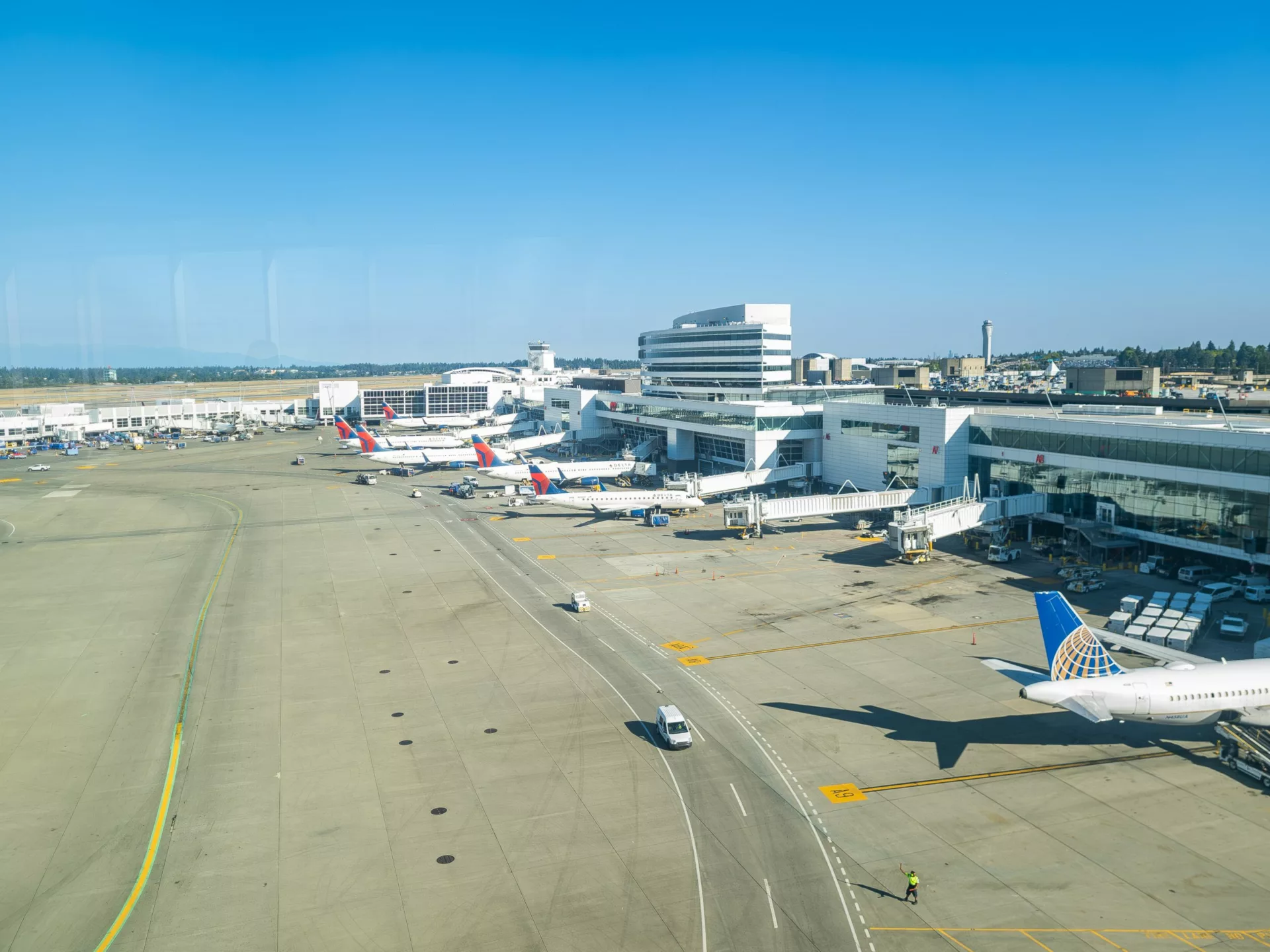The American Micromobility Panel was a first-of-its-kind study that has revealed the effects of shared micromobility services, such as scooters and bikes, on urban travel behaviors and outcomes across the United States. Sponsored by the US Department of Transportation and the California Department of Transportation (Caltrans), the research was led by the Institute of Transportation Studies at the University of California, Davis. Conducted across 48 major cities, the study gathered comprehensive data on mode shift, car ownership, accessibility, equity, safety, and physical activity.
RSG played a crucial role in the research portion of this study, supporting design of the survey questionnaire and collecting participants’ data using rMove®, our advanced smartphone-based travel survey application. By capturing detailed travel behavior data from thousands of participants, our team delivered invaluable insights that will be used by practitioners to inform urban transportation planning for years to come.
The Challenge
The American Micromobility Panel study faced several data collection hurdles due to its unprecedented size and scope. As the largest study of shared micromobility services in the United States to date, the study necessitated effective participant engagement and collaboration with multiple service providers. Ensuring data accuracy and completeness over the panel’s 21-day survey period was also important to collecting high-quality data. The study also required adaptable survey methodologies to account for the varied urban landscapes and infrastructure of the 48 cities involved. Moreover, technological differences necessitated the app’s compatibility and reliability across different devices, while data privacy and security were critical concerns for both the study’s sponsors and participants.
RSG’s Solution
RSG employed a multifaceted data collection approach. This approach combined advanced survey technology such as rMove, customized survey questionnaire design, and strategic partnerships with micromobility service providers. rMove enabled the precise and real-time collection of location-aware mobility data. RSG ensured rMove was compatible with a wide range of smartphones and operating systems. We also implemented advanced algorithmic support to handle data validation and cleaning. By using intelligent algorithms and a user-friendly interface, rMove minimized participant burden and maximized data accuracy, capturing over 183,483 trips from 2,206 participants over a 21-day period.
To ensure a diverse and representative sample, the study also required collaboration with multiple major micromobility service providers such as Bird, Lime, Lyft, Spin, and Superpedestrian. This partnership enabled the recruitment of participants from various demographic backgrounds and urban environments, enhancing the study’s comprehensiveness. The study employed targeted recruitment strategies, including recruitment weights prioritizing frequent micromobility users, which helped gather meaningful data on travel behavior and car use reduction.
The study’s survey questionnaire was sufficiently versatile, allowing it to be used in regions with varying city sizes, population densities, and micromobility infrastructure. This versatility ensured the data collected were relevant and comparable across different cities. Furthermore, stringent data privacy and security measures protected participants’ personally identifiable information, ensuring compliance with all applicable data privacy laws and maintaining a high degree of trust among survey participants throughout the study’s duration.
RSG’s comprehensive and innovative data collection strategy for the American Micromobility Panel enabled critical insights into the impact of micromobility services on travel behavior across all modes. These insights will enable cities to make informed decisions to promote sustainable, equitable, and efficient transportation systems, contributing to broader goals such as reduced emissions, improved public health and safety, and enhanced urban mobility. Follow-on research conducted using the data collected here further analyzed transit connection, vehicle miles traveled (VMT) reduction, and mode substitution of shared micromobility services in the 48 cities surveyed as part of this panel.






